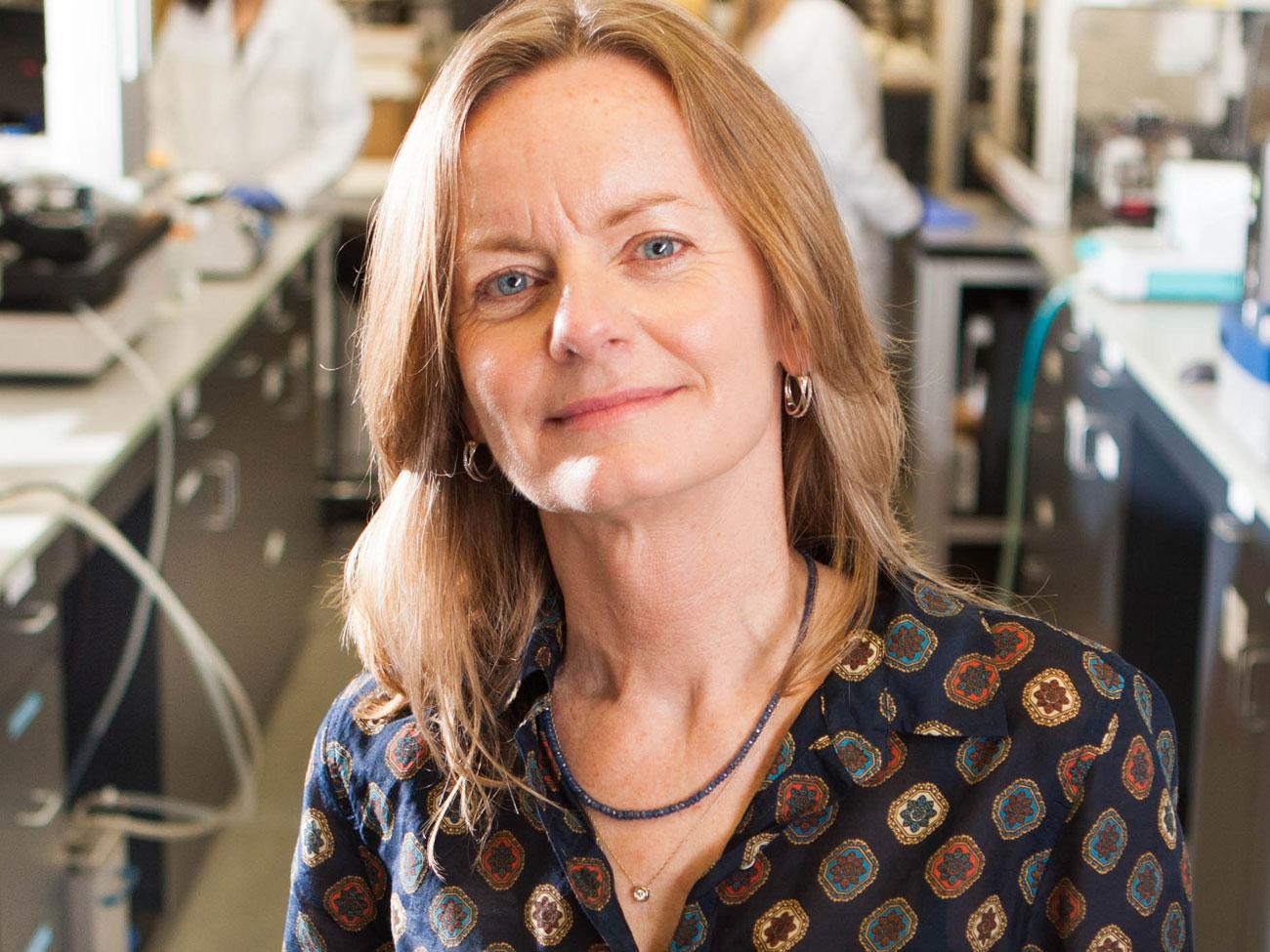Funding Summary
Dr. Bang and her team will apply a series of ‘assays’ (lab tests evaluating cell function) to PWS patient-specific stem cells (iPSC) that have been driven to become cortical neurons in a lab dish. Once validated, these assays can be used to discover novel therapeutic targets for PWS, screen for drugs that can correct impaired neuronal function, and test drugs in a PWS- relevant context.
This project was funded in part by donations from Friends of Saga.
Dr. Theresa Strong, Director of Research Programs, shares details on this project in this short video clip.
Watch the full webinar describing all 7 research projects funded in this grant cycle here.
Lay Abstract
Although early diagnosis, dietary interventions and hormone treatments can improve prognoses, PWS patients are greatly in need of more therapeutic options. In this proposal we will use PWS patient-specific induced pluripotent stem cells (iPSC) to address a major gap- the absence of human cell-based systems that can be used to discover novel therapeutic targets, screen for drugs, and test drugs in patient and disease relevant contexts. Importantly, for modeling such a genetically complex disease, iPSC have the advantage of reflecting patient genetics, both the PWS critical region, and the complex individual genetic backgrounds that likely impact the spectrum of phenotypic severities characterizing PWS. We will focus our efforts on PWS patient iPSC-derived cortical neural populations, with the longer-term goal of investigating the underlying cellular bases of PWS associated behavioral and psychiatric symptoms. We will employ a suite of assays we developed in higher throughput formats to assess PWS patient versus control iPSC-derived cortical cells to first monitor differentiation using high content imaging, and second, to assay neuronal networks using multi-electrode arrays. These efforts will lay the groundwork for future studies that will include a broader representation of PWS genetic lesions, and other disease relevant cell types such as hypothalamic neurons. Once PWS phenotypic assays have been validated, they can be employed in drug discovery efforts, to identify molecular targets and to screen for and test drug candidates.
Research Outcomes: Public Summary
Our study was designed to 1) demonstrate that PWS iPSC-derived cortical neurons could be analyzed with reproducibility in our high-throughput assay platforms for phenotypic screening, and 2) potentially obtain preliminary evidence of phenotypic differences between PWS and control iPSC derived cortical neurons. We focused on two PWS patient iPSC lines, one UPD (UPD1.2), and the other harboring a large deletion (PWS1.7). We successfully expanded and banked these PWS patient iPSC lines. We then produced and banked cortical neural progenitor cells (NPCs), and efficiently differentiated them into cortical neurons, which we assessed for marker expression and neurite growth using automated, high content imaging. In addition, we initiated studies of PWS iPSC-derived neuronal networks on 48-well multi-electrode arrays (MEAs), a platform that is amenable to higher throughput electrophysiological analyses. Using this platform, we assessed both response to a chemically induced long term potentiation (LTP) paradigm, and to pharmacological perturbation of excitation/inhibition balance. For both high content imaging and MEA platforms, we observed multiple, subtle phenotypic differences between PWS and control iPSC-derived cortical neurons that will require validation in future studies using an extended panel of PWS mutant iPSC produced in isogenic backgrounds. Taken together, our analyses establish a foundation for future efforts focused on developing phenotypic assays that can be used to discover and/or validate therapeutics to treat PWS.
Funded Year:
2020
Awarded to:
Anne Bang, Ph.D
Amount:
$81,037
Institution:
Sanford Burnham Prebys Medical Discovery Institute
Researcher:

Anne Bang, Ph.D




